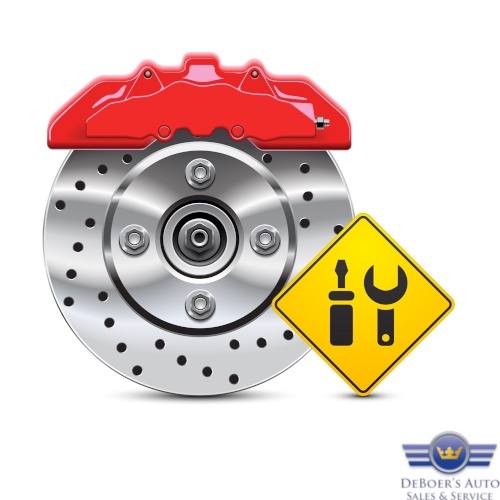No matter what type of oil your vehicle uses, whether it is conventional or full synthetic, you should have your oil replaced every 3,000 miles -- even though some manufacturers say replacing oil every 5,000 miles is sufficient. Oil is the lubricant that keeps the moving parts in your engine working as designed. When your car doesn’t have enough oil or is operating with dirty oil, you’re increasing the risks engine trouble will develop. Fortunately, manufacturers continue to engineer longer-lasting oils. Unfortunately, the effective lifespans of oil filters have not increased. If you wonder how often should you change your oil filter, you should know that changing it every 3,000 miles is essential for your engine's well being.
Why You Really Do Need to Change Your Filter Every 3,000 Miles
As noted, manufacturers have engineered oils to last longer so you can safely drive more miles between oil changes. Oil filters are relatively low-tech, yet vital components in your car. By the time you drive 3,000 miles,you can be quite certain your oil filter is clogged with debris. It has done its job, but unless you replace it, it won't be able to continue doing its job. By the 3,000-mile mark, the filter is so full that it is no longer able to effectively trap contaminants and keep them out of your engine. Contaminants in the 10- to 20-micron size range can become lodged between the engine shaft and bearing housing. That creates friction, and friction generates heat that can damage surface areas.
While some repair professionals tell customers they can get by with changing their oil filter every other oil change, that is risky advice. Ask yourself if saving about $10 on an oil filter is worth risking a hundred-dollar-plus repair bill resulting from contaminants circulating through your engine and clogging up the different orifices within it.
Be Aware: Adding the Wrong Oil Can Harm Your Car
Now that you understand why it’s prudent to have your oil filter replaced every time you have your oil replaced, there’s another important fact you should know. Not only must you use the right type of oil in your vehicle to prevent damage,choosing the right oil will provide better fuel economy. As with any product you buy, not all engine oils are created equally. At DeBoer’s, we use Valvoline oil and filters because they are produced using rigorous quality standards that have been proven time and again to improve gas mileage and engine well-being. Valvoline’s filters have been engineered with a synthetic blended media that has been proven to remove 94 percent of particles in the damaging 10- to 20-micron size range.
Preventive Maintenance Will Prolong Your Vehicle’s Lifespan and Save You Money and Inconvenience
The most important thing you can do to increase your vehicle’s fuel efficiency, reliability, and longevity is to heed the preventive maintenance schedule in your owner’s manual. Vehicle preventive maintenance is important for the same reason routine physical examinations are for you and your loved ones. Preventive maintenance keeps your car running well and gives repair professionals an opportunity to identify possible problems and repair them before they manifest and cause trouble. Are you nearing oil and filter change time? For a quality Valvoline oil change in Sussex, contact us at DeBoer’s Auto Sales & Service in Hamburg.










